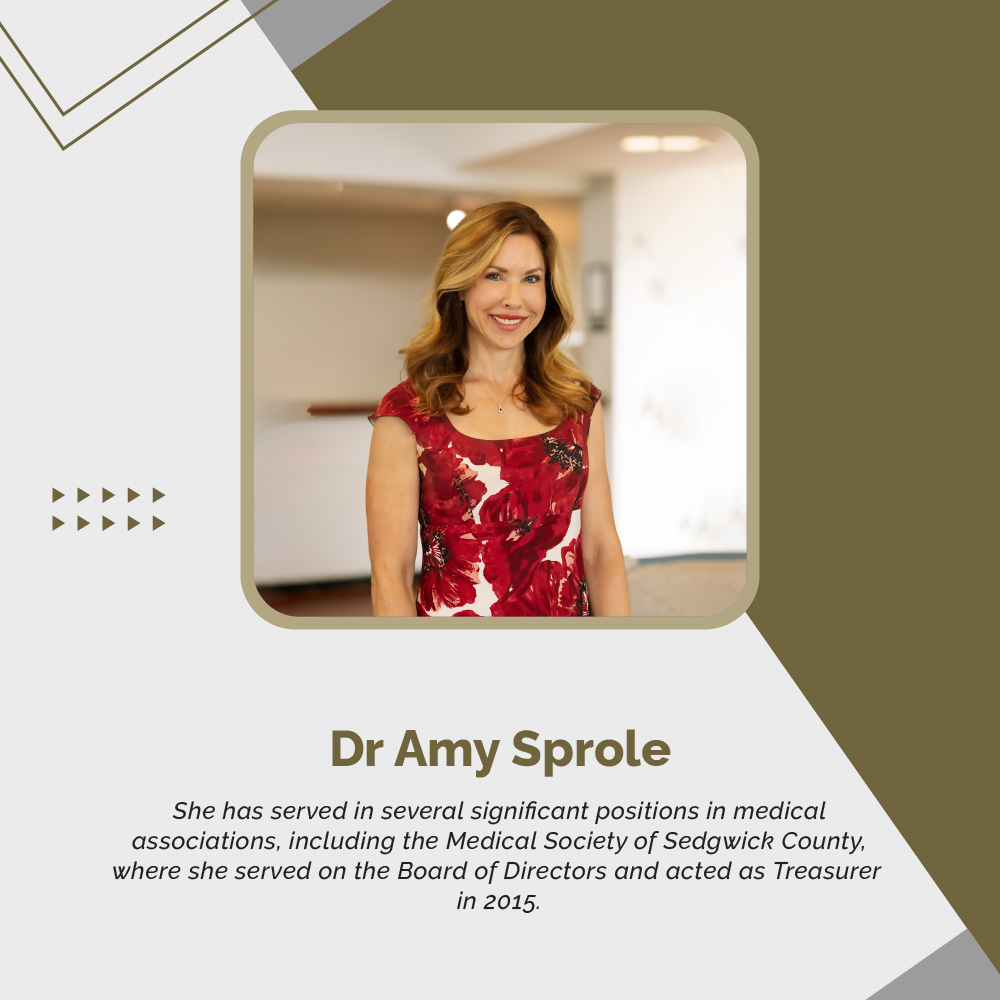
In the expansive realm of healthcare, giving back serves as a vital catalyst for nurturing, supporting, and uplifting communities. Particularly within the sphere of community healthcare, the act of giving back transcends mere philanthropy—it embodies a commitment to holistic well-being, social justice, and collective empowerment. In this article, we delve into the profound impact of giving back in community healthcare and explore the diverse ways in which individuals and organizations can contribute to the health and vitality of their communities.
Embracing the Spirit of Giving Back
At its essence, healthcare is about caring for others and promoting health and wellness in all aspects of life. Giving back in healthcare amplifies this ethos, encompassing acts of compassion, service, and advocacy aimed at enhancing the health and quality of life of individuals and communities.
Giving back to healthcare isn’t just a moral imperative—it’s also a strategic investment in community health and resilience. By actively engaging with and supporting their communities, healthcare providers and organizations can foster trust, collaboration, and equity within the healthcare system.
Expanding Access to Care
One of the most impactful ways that giving back influences community healthcare is by expanding access to care for underserved populations. Many communities face barriers to healthcare, including financial constraints, lack of transportation, and limited availability of services.
Through initiatives such as free clinics, mobile health units, and community outreach programs, healthcare providers and organizations can reach individuals who may otherwise go without essential medical care. By offering services directly within the community and addressing barriers to access, these initiatives play a critical role in promoting health equity and reducing disparities in healthcare.
Addressing Social Determinants of Health
In addition to providing medical care, giving back to community healthcare involves addressing the social determinants of health—the economic, social, and environmental factors that influence health outcomes. Issues such as poverty, food insecurity, housing instability, and lack of education can have a significant impact on individuals’ health and well-being.
Healthcare providers and organizations can give back by addressing these social determinants through targeted interventions and partnerships with community-based organizations. This may include providing access to resources such as food assistance, housing support, education, and job training programs. By addressing the root causes of health disparities, giving back in this way helps to create more equitable and resilient communities.
Promoting Preventive Care and Health Education
Another essential aspect of giving back in community healthcare is promoting preventive care and health education. Many health conditions can be prevented or managed more effectively through early detection, lifestyle modifications, and education.
Healthcare providers and organizations can give back by offering preventive screenings, health education workshops, and community health fairs. By empowering individuals with knowledge and resources to make informed decisions about their health, these initiatives can help prevent disease, improve health outcomes, and reduce healthcare costs over time.
Supporting Vulnerable Populations
Vulnerable populations, including children, the elderly, individuals with disabilities, and those experiencing homelessness, often face unique health challenges and barriers to care. Giving back in community healthcare involves providing tailored support and services to meet the specific needs of these populations.
Healthcare providers and organizations can give back by offering specialized programs and resources for vulnerable populations, such as pediatric clinics, senior care services, mental health support programs, and outreach initiatives for homeless individuals. By addressing the unique needs of these populations and ensuring they have access to quality healthcare, we can promote health equity and social inclusion for all members of the community.
Fostering Resilient Communities
Ultimately, giving back in community healthcare is about fostering resilient communities that can thrive in the face of adversity. By investing in community health and well-being, we can strengthen social connections, build trust, and empower individuals to lead healthier, more fulfilling lives.
Healthcare providers and organizations can give back by engaging in community-based initiatives, supporting grassroots organizations, and advocating for policies that promote health equity and social justice. By working together with community members and stakeholders, we can create a more inclusive and sustainable healthcare system that meets everyone’s needs.
Giving back is a fundamental aspect of community healthcare, allowing individuals and organizations to make a meaningful impact on the health and well-being of their communities. Whether through expanding access to care, addressing social determinants of health, promoting preventive care and health education, supporting vulnerable populations, or fostering resilient communities, giving back plays a crucial role in shaping the landscape of community healthcare.
As we continue to navigate the complexities of healthcare delivery, let us embrace the spirit of giving back and the transformative power it holds. By coming together and investing in community health and resilience, we can create a future where everyone has the opportunity to thrive.